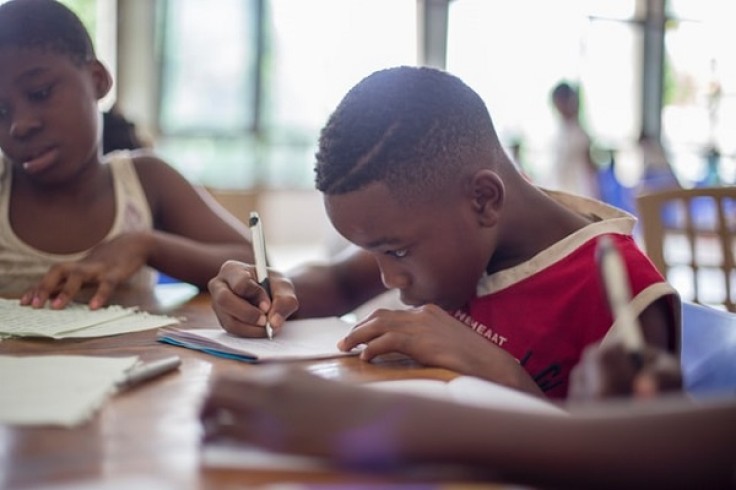President Trump said that in the coming months, schools reopening will proceed for the fall semester. Parents are torn about whether to bring their children back to school or not since there are no signs that the coronavirus is going away anytime soon.
The American Academy of Pediatrics (AAP) recommends allowing kids to go back to school. It said that social and emotional needs are better met in physical schools, especially for children with special needs. It also noted that going back to school could help narrow racial and socioeconomic inequality gaps at home.

Read also: Coronavirus: Your Ultimate Guide to Risky Activities [Avoid Risk Level 9]
Things to consider before letting kids go back to school
School and COVID-19 experts made a list for parents to note before deciding whether to let their children go back to school.
Age
An infectious disease specialist and epidemiologist at Bellevue Hospital in New York City, Dr. Celine Grounder, spoke to TODAY Parents. She said that children below ten years old have a lower risk of getting infected than older kids and adults. She also said that younger children benefit from an actual classroom than the older ones. Teachers could also easily isolate younger students. Older children could socialize using other ways, and they can handle virtual learning better.
Health
Parents should choose the best for their children both medical and developmental standpoints, said Dr. Tim Lahey. He is the University of Vermont Medical Center director of clinical ethics and an infectious disease specialist. If your child has a compromised immune system, it would be better not to send him to school yet.
Parents of children with special needs should weigh if their child needs more assistance from the school. Others perform better at home than at school.

Read also: Children with Disabilities Are Greatly Affected by The Coronavirus Pandemic
Mental health
A family therapist and parenting expert, Alyson Schafer, said that physical connection affects mental health. She said that virtual connection could not replace face-to-face interaction. Social relationships are needed for better mental health.
Affordability to be in quarantine for two weeks
Without vaccines, you are not sure when your children are going to be exposed to the virus. If you decided to bring them back to school, be ready to quarantine at least once this school year. Frontliner parents need to consider that.

Delayed time
Some families could not afford to delay schooling for their children. Dr. Lahey said that some single moms who work have to send their kids somewhere to stay employed. Fortunate parents could delay schooling for their children. He said that it could make schools safer because schools become less crowded.
What is good about having no good answer about the current situation is that you could not make a wrong choice, said Dr. Lahey. If you feel the need to bring your children to school, you do not have to feel guilty. Dr. Lahey's advice to parents is that there is no perfect decision. You could test the waters first to see what best fits your child.